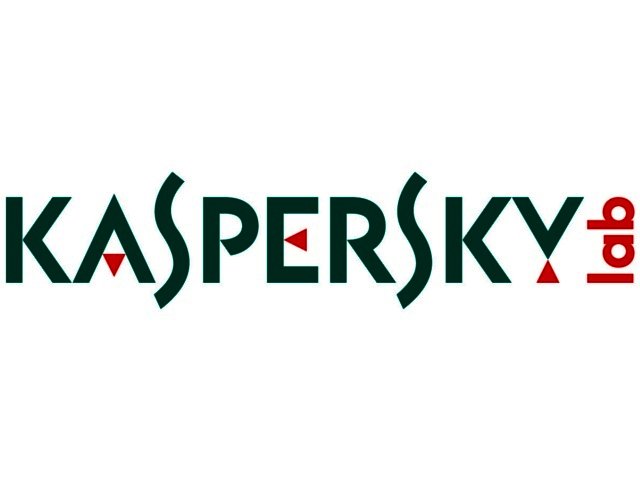Spam decreasing, but still endemic
By Ryan Noik 26 June 2013 | Categories: news
Bumper to bumper traffic, poor customer service and spam may be universal pests, but while the former two persist, the good news is that the latter has began to decline, at least a little, according to Kaspersky.
The company reported that in May, the percentage of spam in email traffic had decreased 2.5%; alas, it still averaged a high 69.7%. The experts at Kaspersky Lab elaborated that they saw a very slight increase in the share of phishing emails compared with April, while malicious attachments were detected in 2.8% of emails, an increase of 0.4% from the previous month.
The company also warned that, in a bid to persuade users to open these attachments, spammers were imitating legitimate notifications from popular internet services and logistics companies, while, as expected, social networking sites had remained the most attractive target for phishers.
Axis of email
Kaspersky reiterated that most of the world's spam originated from two countries - China (21.4%) and the United States (16.3%). South Korea completed the top three, although its contribution to this digital scourge continued to grow and reached 12% in May.
Spammers continued to exploit national holidays in the US – namely Mother's Day and Memorial Day - to advertise goods and services. The company noted that after Valentine’s Day, Mother’s Day proved to be the second most active holiday for spam mailings, and the quantity of spam from ‘flower’ partner programmes increased dramatically in the preceding days and weeks.
However, Kaspersky warned that not all of this holiday-related spam was just a harmless inconvenience, citing that users’ personal data - including banking credentials - may be the spammer’s main target.
No, Microsoft does not give away money
Also a popular name-drop that is used by phishers was Microsoft. Kaspersky reported that, for instance, a number of phishing messages were sent in May disguised as Microsoft customer service support emails with the specific aim of stealing personal data.
The messages, which at first glance appeared to come from the perfectly legitimate microsoft.com domain, stated that the user's ‘Microsoft Window’ records would be suspended due to updates – supposedly recommended in earlier messages – not being installed. Recipients are told to immediately follow the link in the email to avoid any disruption. Users who fell for the scam ended up on a phishing site specially crafted to steal personal information.
Other mass mailings contained an old favourite of spammers - fraudulent notifications of wins in a non-existent lottery that was supposedly organised by Microsoft. In some mailings the scammers sent notifications about the supposed win and asked recipients to contact them for more information, while other messages promised huge sums of money while asking for a ‘small payment’ to cover the costs of processing the winnings.
To the point
As the holiday season gets underway internationally, Kaspersky anticipates a further increase in the number of fake notifications sent allegedly on behalf of well-known companies.
“We advise caution if you receive a notification from any service. Remember that official mailings never ask customers to enter and confirm personal or banking information via links contained in emails. Nor do they threaten to block customer accounts.
“Never click on a link if your antivirus programme or a browser has blocked it. Pay close attention to the links in the message. If the link indicated in the email leads to an unofficial site or if the text of the email shows the address of the official website while the link leads to another page, this is a clue that you may have a phishing email in front of you,” advised Darya Gudkova, head of content analysis and research at Kaspersky Lab.
“If you have any doubts about the authenticity of the email, contact the customer support of the organisation which supposedly sent the email and find out whether this mass mailing really was sent out,” he concluded.
Most Read Articles

Have Your Say
What new tech or developments are you most anticipating this year?



